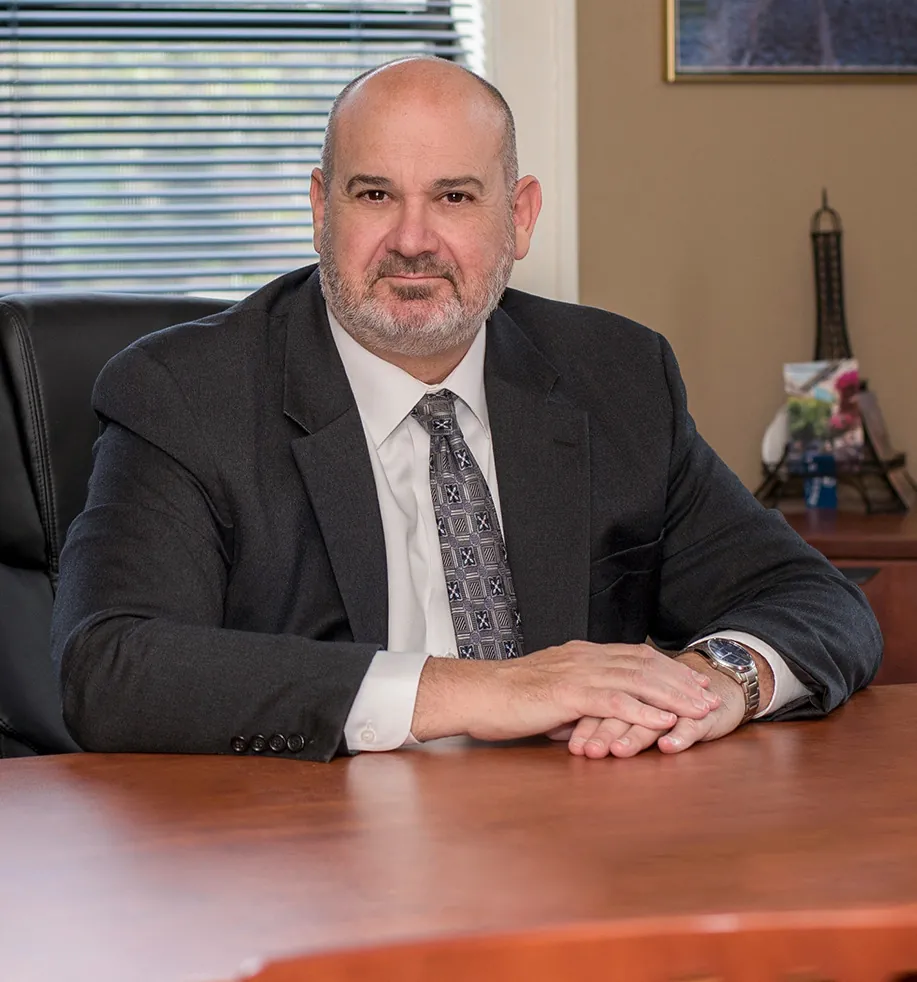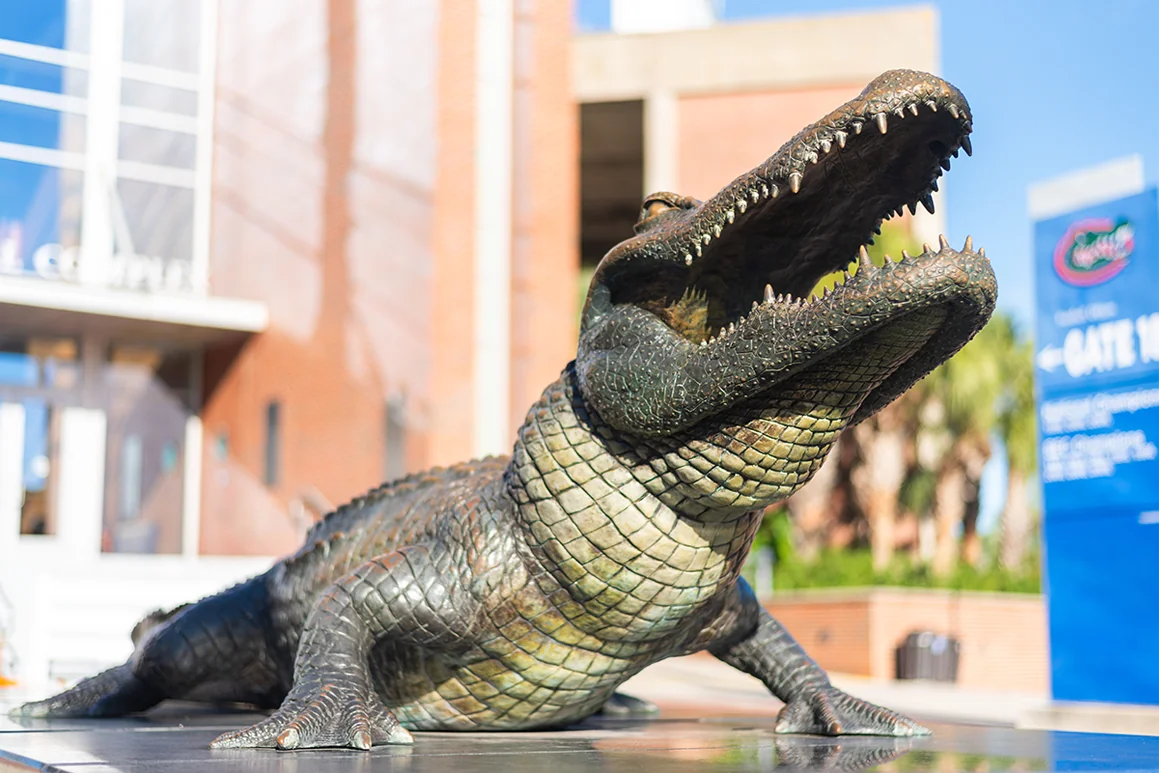An individual who is accused of a crime can find themselves feeling as though they’ve been thrown into a whirlwind of confusing deadlines and required court appearances. Every step of the criminal process in Florida can be especially important to the ultimate outcome, and you will want to understand what actions could be and should be taken to help you achieve the most favorable outcome.
Prosecutors in Florida generally have large caseloads, but the amount of work public defenders have can be even greater. It is critical for those facing charges to work with a criminal defense attorney who can provide the time and attention that their cases deserve.
Gainesville Criminal Defense Lawyer
If you are facing charges in Florida, you should immediately begin seeking qualified legal representation. Galigani Law Firm represents clients against criminal offenses in Gainesville, Alachua, Ocala, and Lake City.
You can receive a free, confidential consultation to have our criminal defense attorneys review your case when you contact our firm at (352) 375-0812 or send us a message online. We will give your case the individual attention it deserves and develop a strategy that best leads toward a favorable resolution.
Alachua County Criminal Process Overview
- How does the process begin?
- What are the initial criminal charge procedures?
- When do I go to court for the first time?
- When do I learning about the evidence against me?
- How and when do the defense and prosecutor try to strike a deal?
- When do I enter a formal plea?
- What other steps might the two sides take before going to trial?
- What happens if I go to trial?
- Do I have any options if I am found guilty?
Criminal Investigation
The first thing law enforcement has to do when learning of a possible crime is to legally investigate whether a suspect has broken the law. The amount of time an investigation takes can vary, with crimes like driving under the influence (DUI) only taking a matter of minutes and other criminal offenses like complex drug trafficking charges requiring years of investigation. You should contact a criminal defense lawyer as soon as you are aware that you are under investigation.
Arrest or Notice to Appear
Following an investigation, you will either be formally arrested or issued a Notice to Appear. If the police have probable cause or a warrant, they will arrest you and transport you to jail for booking. A Notice to Appear is a document informing you that you are required to appear in a certain court at a certain time and date. Failure to appear in court will result in a bench warrant being issued for your arrest.
First Appearance in Court
Typically within 24 hours and no longer than 48 hours of your physical arrest, you will be taken before a judge for your initial appearance. During this appearance, the judge will inform you of the charges against you, advise you of your rights, ensure you have legal counsel and set the terms of your pretrial release. During your first appearance in court, you are not required to say anything but you do have the right to speak to your attorney.
Preliminary Hearing
This next step in the Florida criminal process is where the prosecution shows there is enough evidence to charge you with the crimes against you. At this stage, the prosecution only needs to prove there was probable cause. They do not need to prove your guilt beyond a reasonable doubt. This is a critically important time in the process to have a criminal defense lawyer because your attorney may be able to get the charges against you thrown out because of a lack of probable cause, violations of your constitutional rights, or other possible defenses.
Plea Bargaining
This is an optional step in the process in which either the prosecution or your defense lawyer—or possibly both sides—try to negotiate a plea deal. It can occur at any time between your preliminary hearing and the trial verdict. The prosecutor will typically offer some type of concession in exchange for a guilty plea, sometimes involving you accepting a guilty plea to a lesser charge or a reduced sentence for the original charge. It is extremely valuable to have a seasoned defense lawyer representing you at this point, as a knowledgeable attorney will know when and how to hold out for a better deal.
Arraignment
An arraignment hearing is the point in which you are formally presented with the charges against you and you are directed to enter a formal plea. You have three possible pleas at this stage of the process:
- Guilty — You accept the charges against you and waive the constitutional rights guaranteed to you.
- Nolo Contendere (No Contest) — Nolo contendere is Latin for “I do not wish to contend.” Entering a no contest plea does not mean you accept the charges against you, but you are not denying them and are still waiving the constitutional rights to you.
- Not Guilty — You do not accept the charges against you.
If you plead guilty or no contest, the case moves to the sentencing phase. If you plead not guilty, then your cased is moved for trial. A very important note here is that pleading not guilty does not prevent you from pleading guilty or no contest later, but you cannot plead not guilty later if you plead guilty or no contest during arraignment. This is another reason to be sure you are have thoroughly consulted a criminal defense lawyer.
Pretrial Motions and Hearings
There are a variety of motions that your attorney and the prosecutor may file before trial. These can include change of venue requests, challenges to expert testimony, gag order requests, or challenges to evidence in the case. If the two parties have not reached an agreement through plea bargaining, then the trial date is set at the pretrial hearing.
Trial and Sentencing Phase
If your case moves to trial, you either have a trial by judge or a trial by jury. A judge makes the decision on your guilt or innocence after the prosecution and defense have presented their best arguments in a trial by judge. A trial by jury, however, is a longer process involving these steps:
- Jury selection
- Motions in limine (court rules on admissibility of evidence)
- Opening statements
- Prosecution presents main case, direct examination of prosecution witnesses
- Defense cross-examination of prosecution witnesses
- Redirect (prosecution re-examines its witnesses)
- Prosecution rests
- Defense motion to dismiss (optional)
- Defense presents main case, direct examination of defense witnesses
- Prosecutor cross-examination of defense witnesses
- Redirect (defense re-examines its witnesses)
- Defense rests
- Prosecution rebuttal
- Prosecution, defense, and judge settle on jury instructions
- Prosecution closing argument
- Defense closing argument
- Prosecution rebuttal
- Jury instructions
- Jury deliberations
- Verdict
- Post-trial motions by defense if guilty verdict is reached
- Sentencing
If the jury comes back with a not guilty verdict or another form of dismissal, you are immediately freed from custody and face no sentencing. If the jury reaches a guilty verdict, you will be taken into custody and sentencing is usually scheduled between two weeks and 90 days from the trial date. If the jury is unable to reach a unanimous decision, your case may be retried with a new set of jurors.
Appealing the Court’s Decision
You should know that a guilty verdict or another unfavorable outcome to your case is not necessarily the final word. If you appeal a ruling in district court in Alachua County or any other county in Florida’s Eight Judicial District, it goes to the state’s First District Court of Appeal in Tallahassee. An appeal from the Court of Appeals then goes to the Florida Supreme Court, also in Tallahassee. The final attempt to appeal would be heard by the Supreme Court of the United States.
Galigani Law Firm | A Criminal Defense Lawyer in Gainesville
You will find the Florida legal process much easier to navigate and give yourself the best chance at securing the most favorable outcome as soon as you begin working with a criminal defense attorney. Having legal representation not only helps you mount the strongest possible defense, but also gives you someone who knows how to expose weaknesses in the prosecution’s case.
Galigani Law Firm provides aggressive criminal defense for clients in Alachua County, Marion County, Columbia County, Gilchrist County, and Levy County. We offer a free consultation to discuss your case when you contact our firm at (352) 375-0812 or send us a message online.







